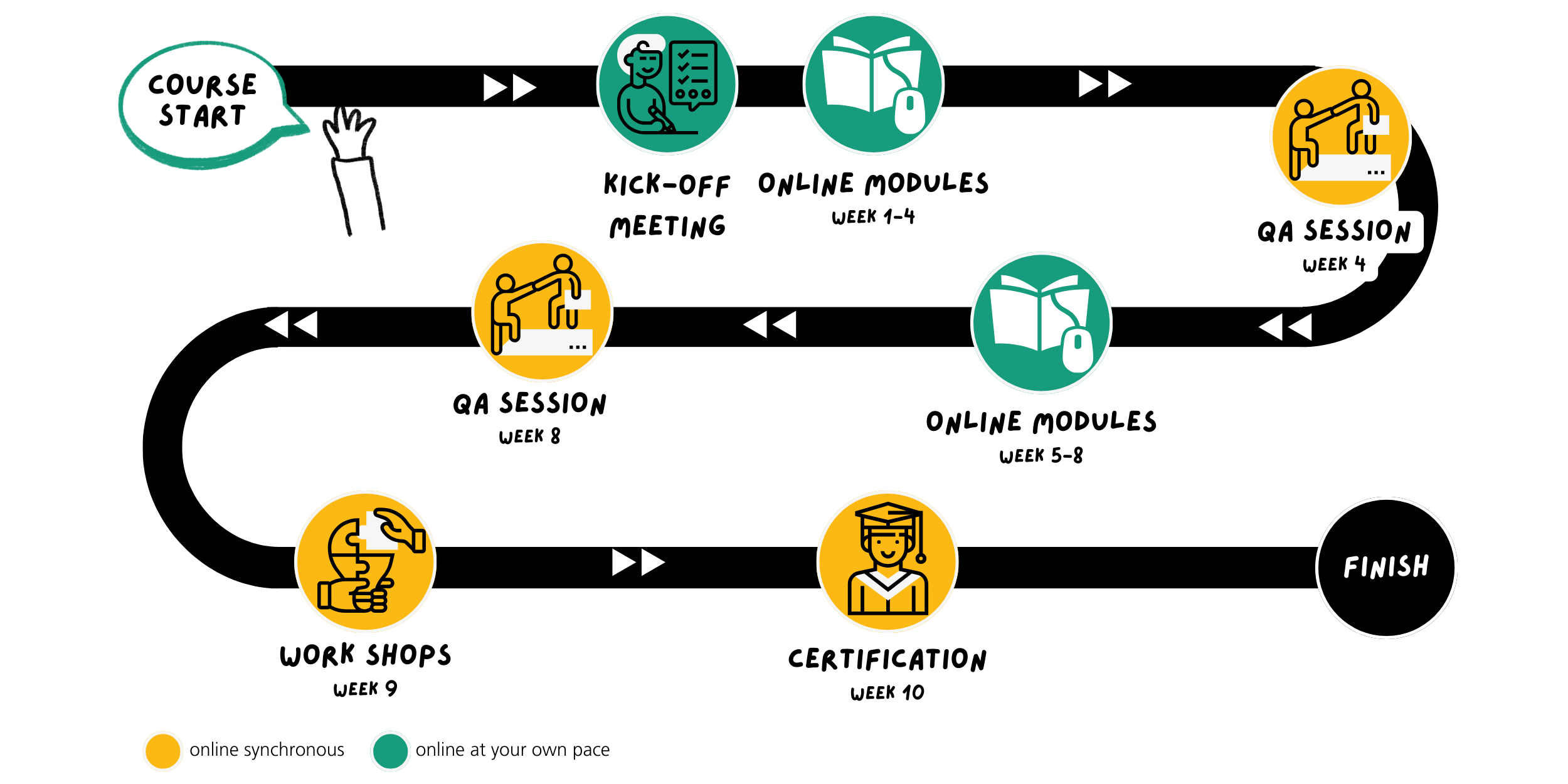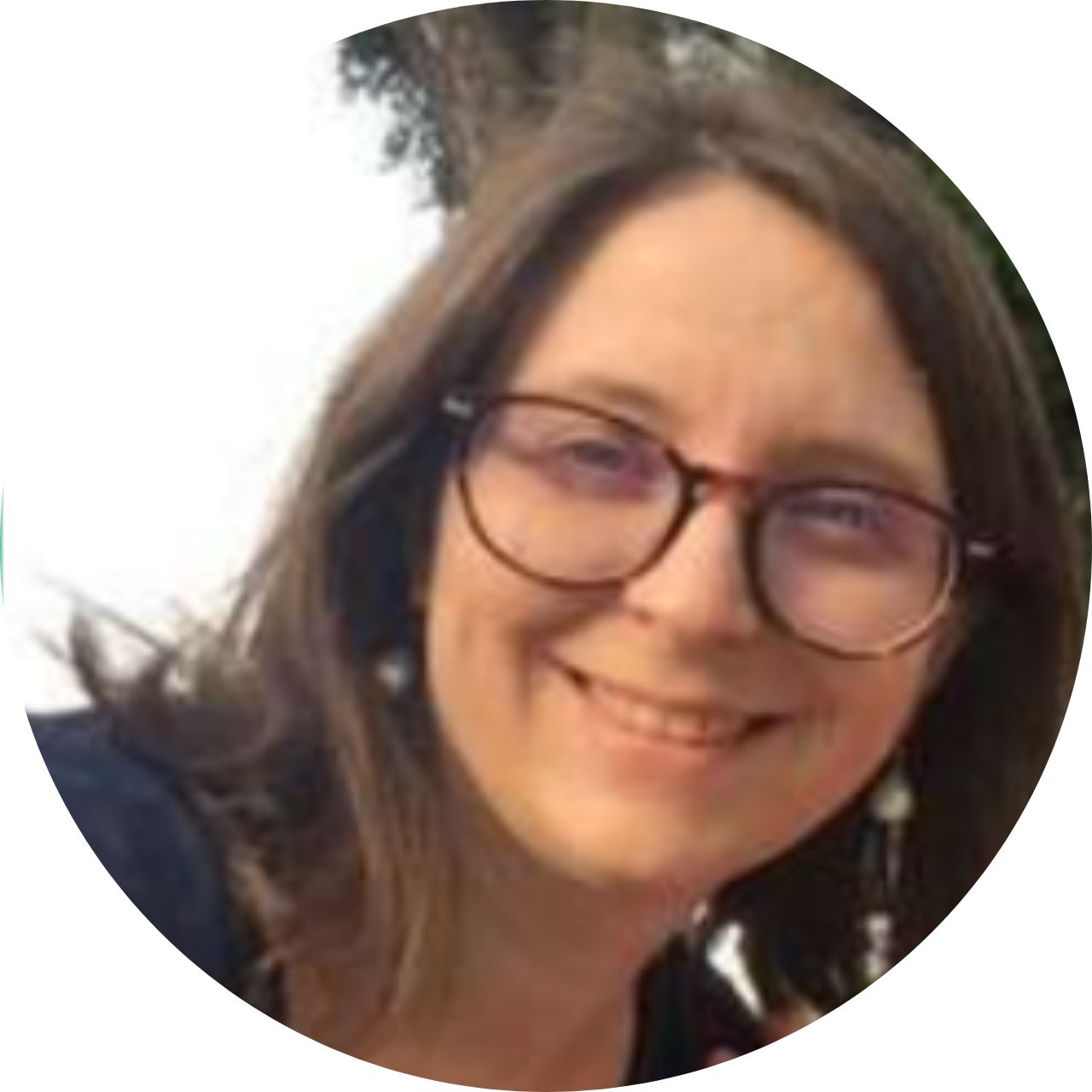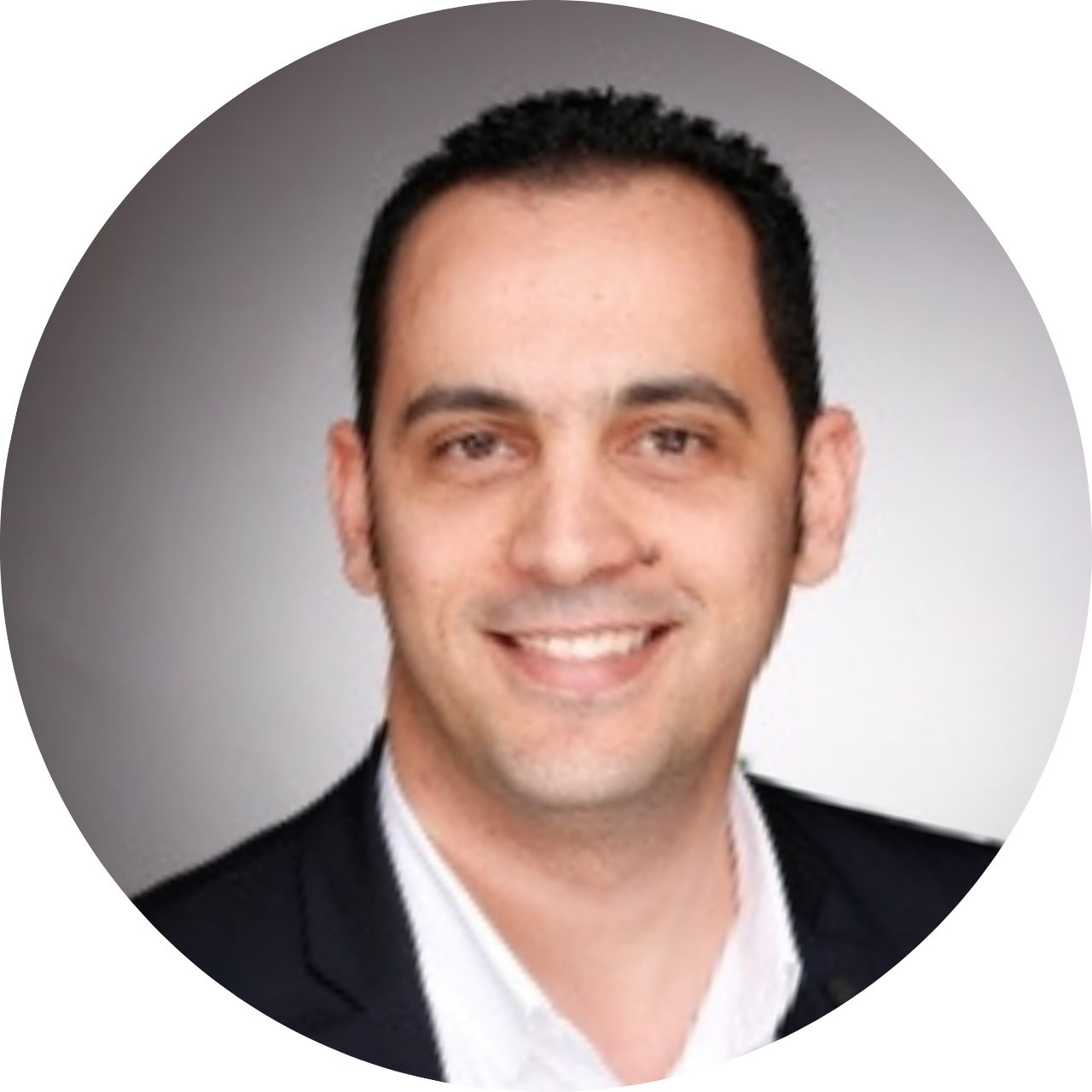In today’s digital age, delivering AI-ready datasets is crucial for harnessing the full potential of AI in business and research. This requires creating a common understanding of data assets throughout the organization and a continuous adaption towards a common sense of knowledge. By understanding how to make datasets findable, accessible, interoperable and reusable (FAIR), this program positions you at the forefront of driving constant change and innovation in data management.



